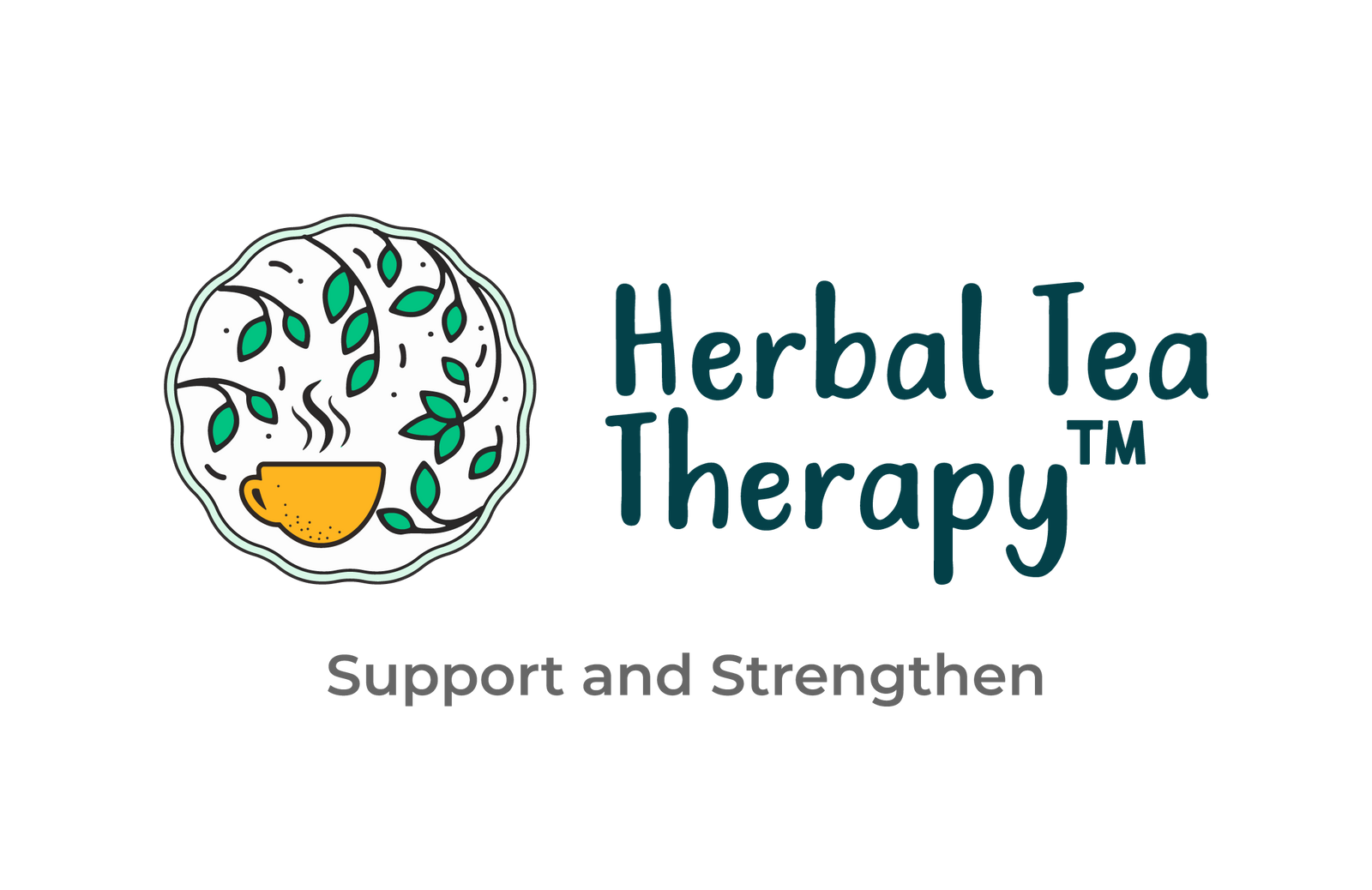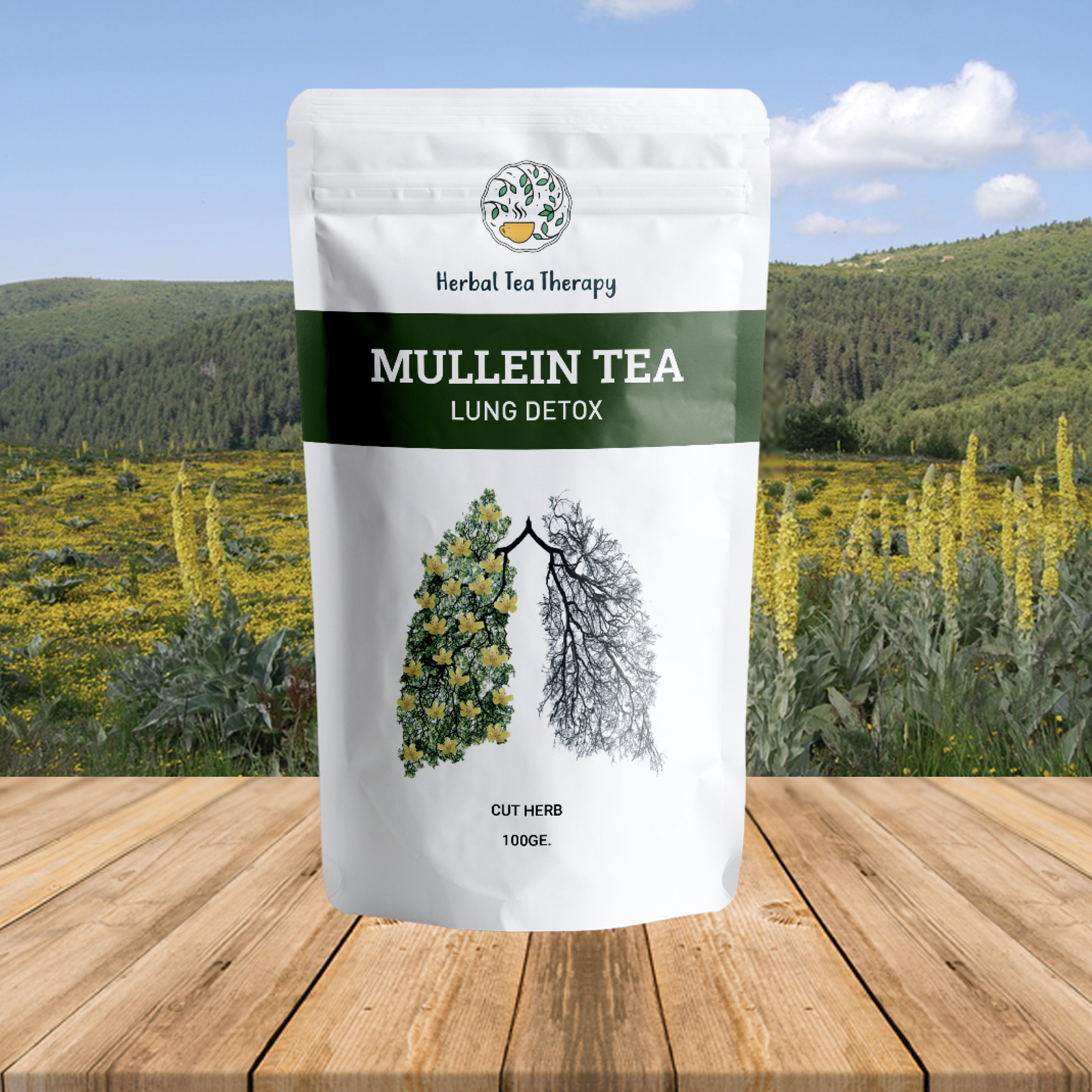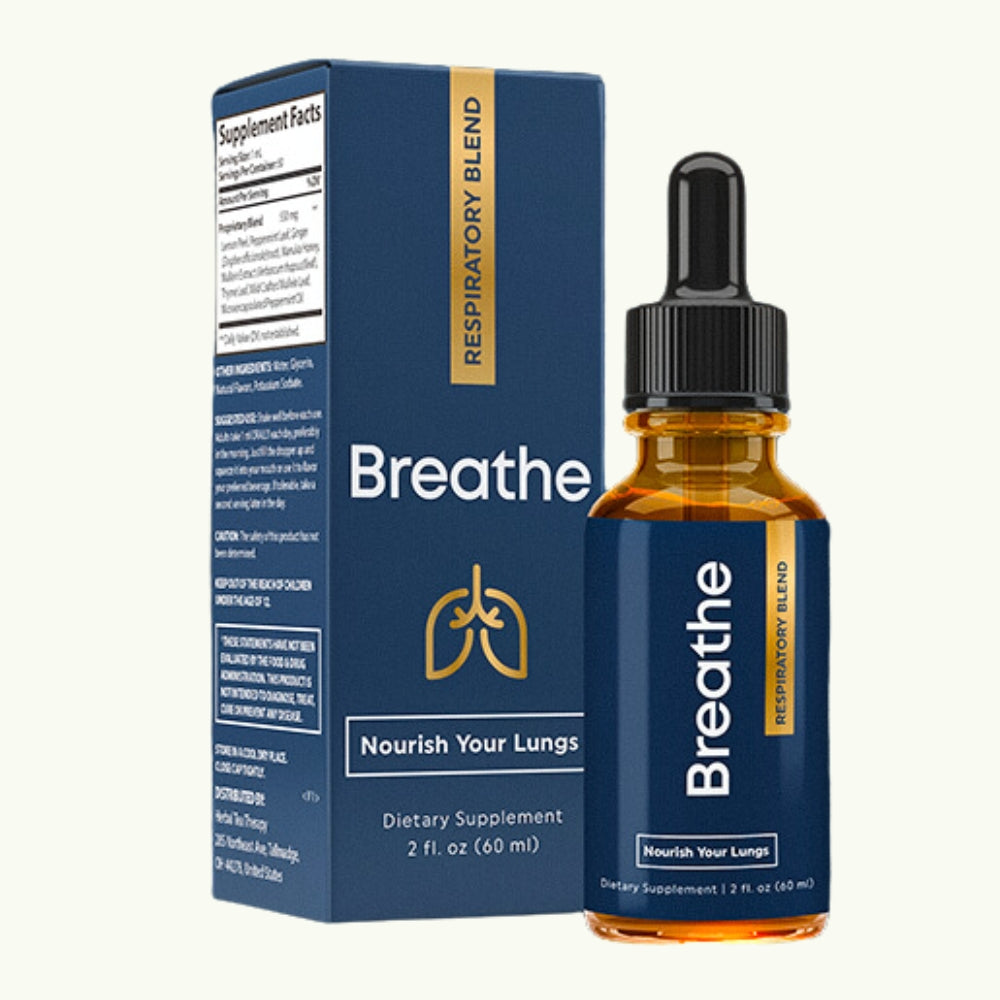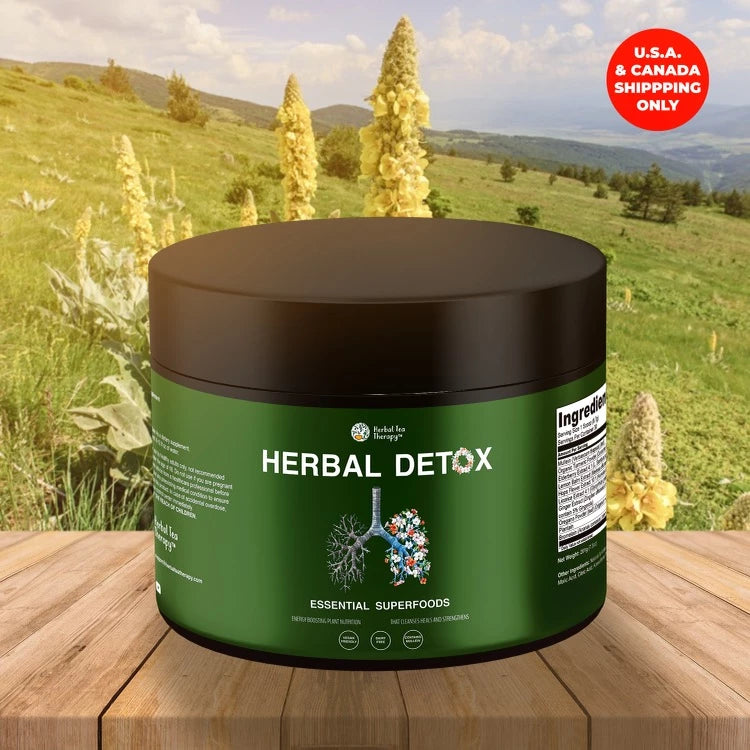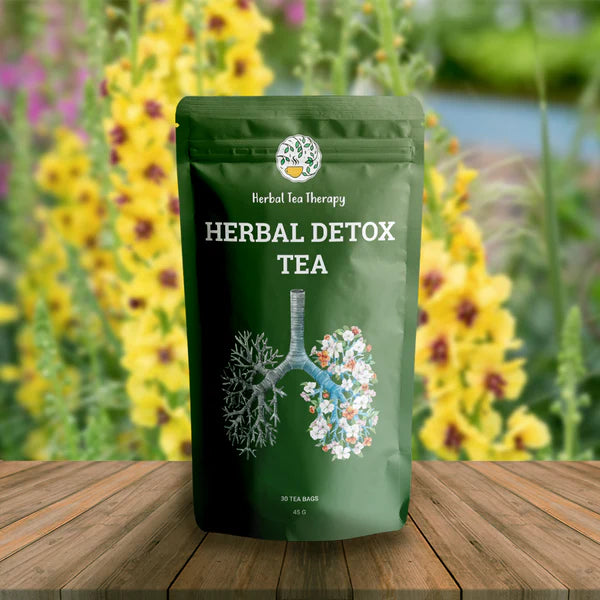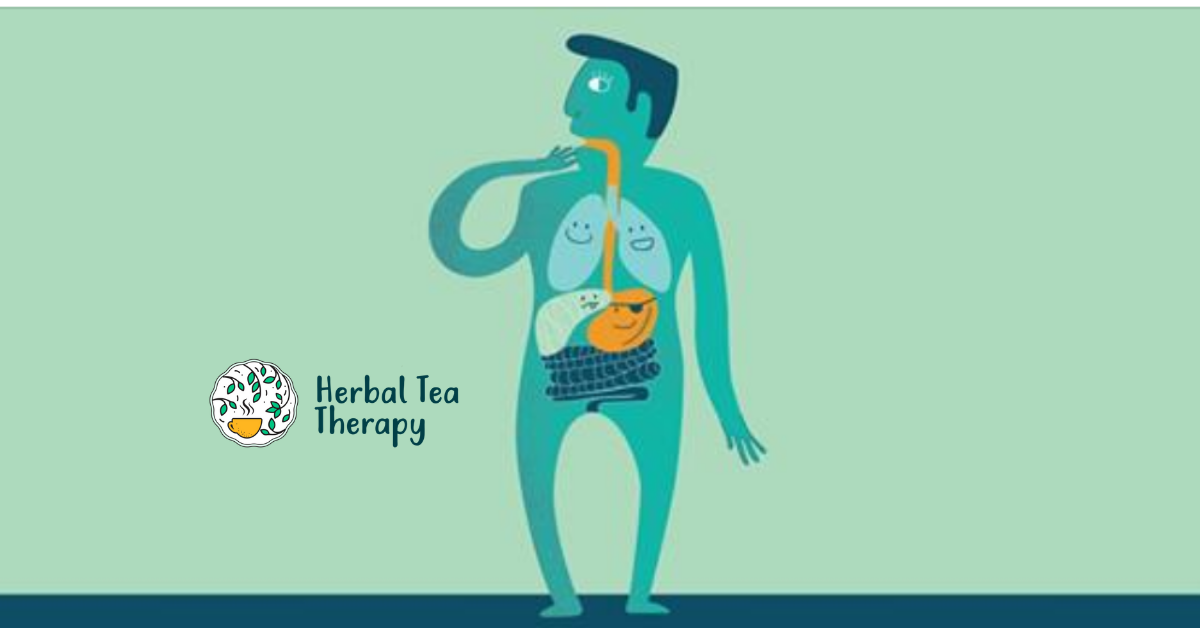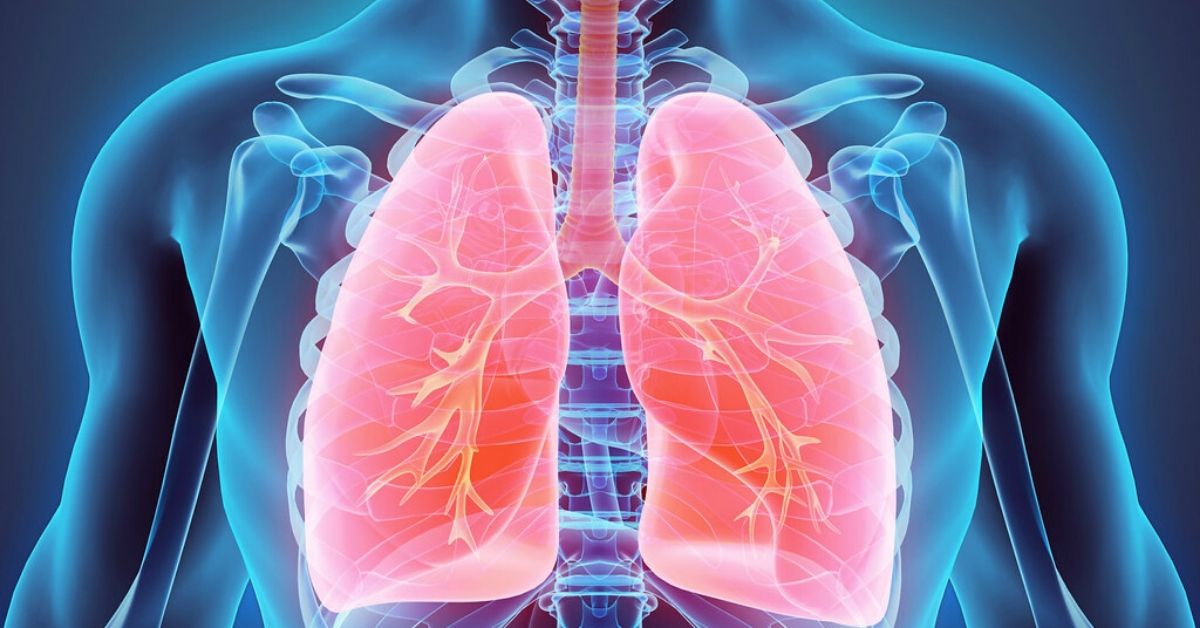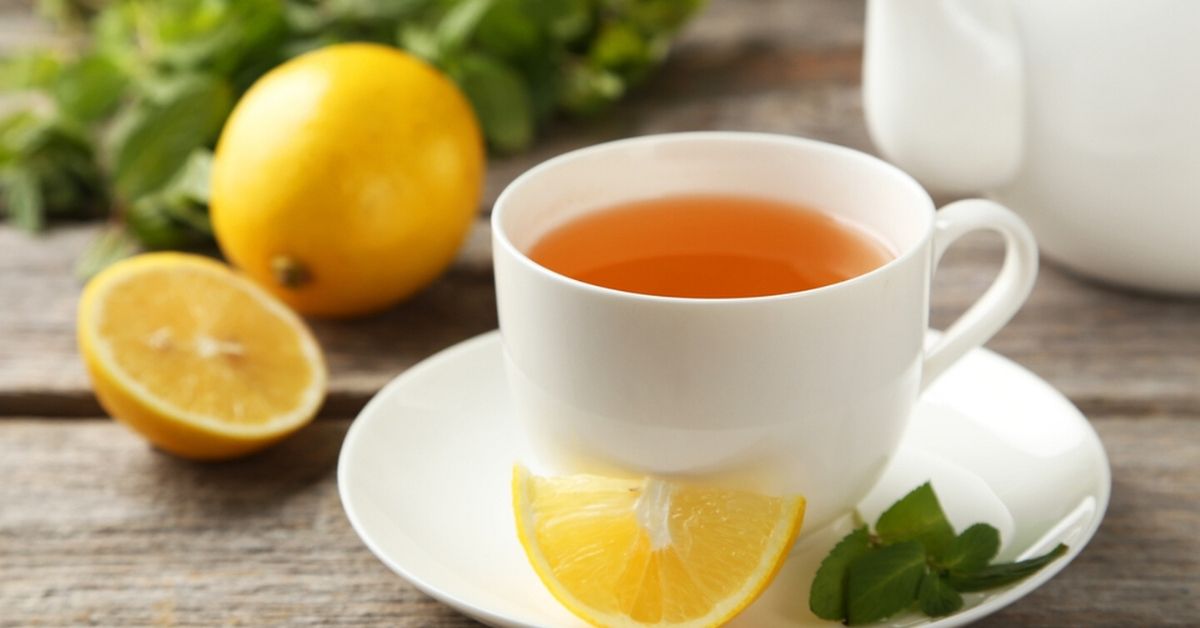Mullein Loose Leaf
5 Treatments For COPD
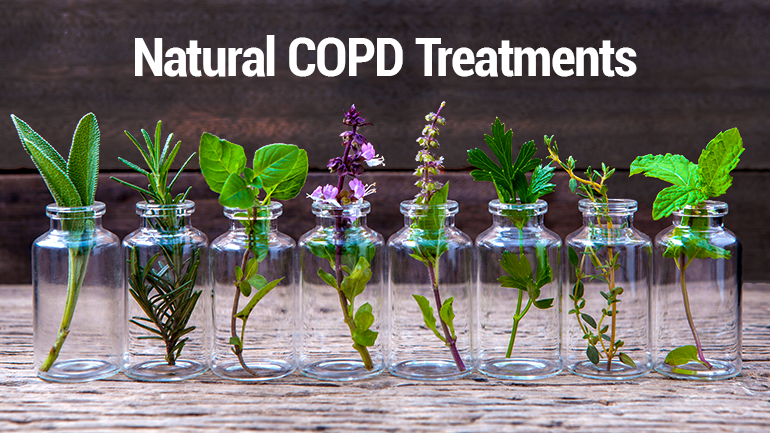
COPD: Understanding the Condition and Supportive Treatments
COPD stands for chronic obstructive pulmonary disease, but it’s actually not a single disease at all. A person suffering from COPD may have any of the following:
-
Chronic bronchitis
-
Emphysema
-
Non-reversible refractory asthma
-
Some types of bronchiectasis
Most people are diagnosed with COPD after noticing they’re extremely short of breath — and this isn’t necessarily dependent on physical activity or illness. This is why so many older people go undiagnosed for so long, as they see breathlessness as “just part of growing older.”
However, once a person is diagnosed, there are many treatments available that can improve quality of life.
Helpful Remedies and Treatments for COPD
1️⃣ Bromelain Supplements
Bromelain is a supplement mostly derived from pineapple juice and stems. It helps patients with COPD because it can naturally reduce inflammation, potentially making it easier for the lungs to function.
-
Suggested dosage: 80 mg to 500 mg per day
-
Important note: Do not take Bromelain if you are on blood thinners, antibiotics, or allergic to pineapple.
2️⃣ Taking Antioxidant Vitamins
Antioxidant vitamins like A, C, and E can assist COPD patients. These vitamins are often deficient in people with COPD, leading to diminished pulmonary function.
-
Increasing fruits and vegetables in the diet helps improve lung function, as they’re packed with these vitamins.
-
Note: Patients who smoke require even higher amounts of these essential vitamins.
3️⃣ Getting More Vitamin D
Vitamin D deficiencies frequently occur in people with COPD and can also lead to osteoporosis, which is especially dangerous since a curved spine makes breathing even harder.
-
Sources of Vitamin D: Tuna, salmon, orange juice, soy milk, cheese, beef liver, egg yolks
-
Supplements are available, but a balanced diet can sometimes suffice unless additional intake is needed.
4️⃣ A Few Drops of Eucalyptus Oil
One of the first recommendations a physician might make is investing in a good humidifier to help open the lungs.
-
Adding a few drops of eucalyptus oil to the humidifier enhances its effects.
-
Eucalyptus acts as an expectorant, helping ease the chronic coughing often associated with COPD.
5️⃣ Having Your Doctor Prescribe Corticosteroids
Medication is essential in COPD management, and it’s crucial to communicate all your symptoms to your physician to tailor the best treatment.
-
In emergencies, an inhaler could be life-saving.
-
Corticosteroids reduce inflammation and make it easier to breathe.
-
Available in inhalers, pills, powders, liquids, or even vaccinations.
Common corticosteroids: Flovent, Pulmicort, Prednisolone
SUPPORT
You can also learn more about health and nutrition by joining our group: Plant Therapy – Lung Detox
A great method of easing COPD symptoms, mucus build-up, and improving lung function is through our Mullein Lung Detox Programme.
Mullein works to remove ‘gunk’ from the lungs via its gentle yet thorough expectorant properties. It purges mucous and phlegm that have absorbed toxins, pollutants, and foreign matter, making room for healthy replacements.
BREATHE EASY, MY FRIENDS!
Herbal Tea Therapy: Any food information found on Herbal Tea Therapy is meant for educational and informational purposes only, and to motivate you to make your own health care and dietary decisions based upon your own research and in partnership with your health care provider. It should not be relied upon to determine dietary changes, a medical diagnosis or courses of treatment.
